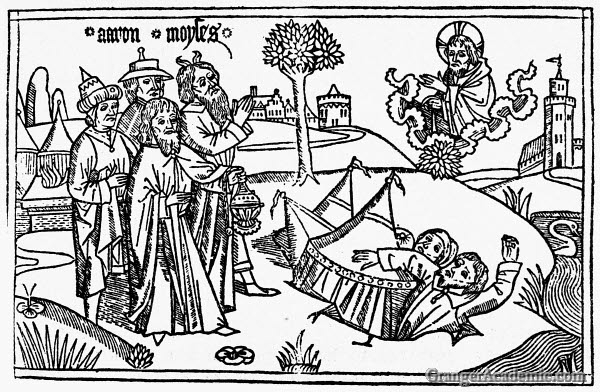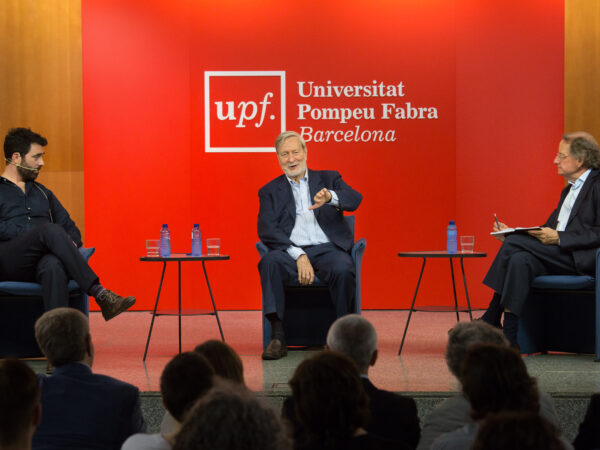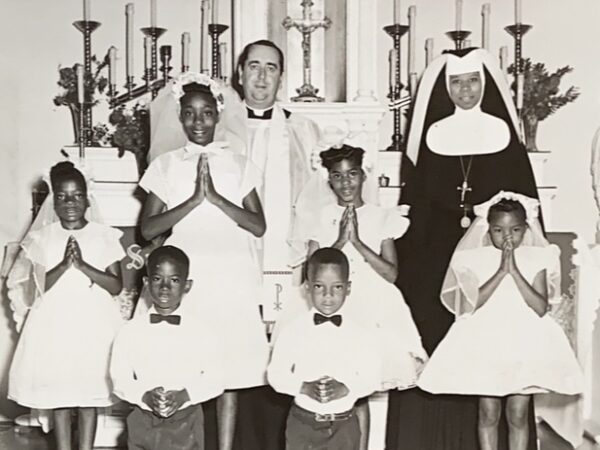
“How might my child and I leverage the love of our family and ourselves to promote decoloniality that resists anti-Indigeneity with the persistent, sometimes subtle, power of Indigenous aunties?”

“If laws are for elders, stories are for children. And the stories that children tell are never general and abstract. They ground us in, or guide us toward, what is really important.”

“Thinking about school education through Walter Benjamin’s concept of divine violence, we argue that schools must be defended not despite but precisely because of the violence they encompass.”

“Instead of neatly separating the forms of resistance to biosovereignty into life-affirming struggles and necroresistance and mapping them (and life and death) onto the reform/revolt dichotomy, I suggest that we conceive life and death as relational rather than oppositional categories. For every differentiation and intensification of death creates new possibilities of life; and every differentiation and intensification of life entails experiences of “death” that cannot be reduced to the power of one’s death.”







